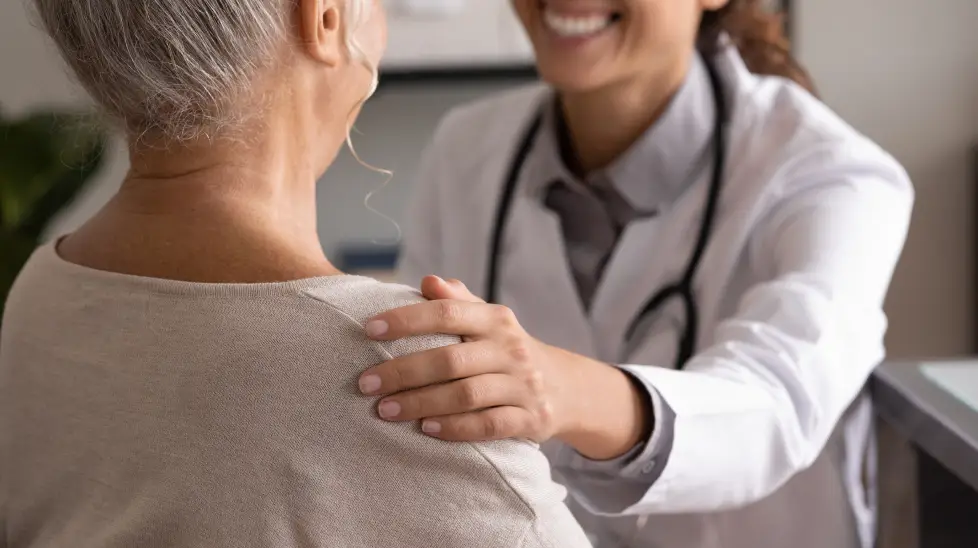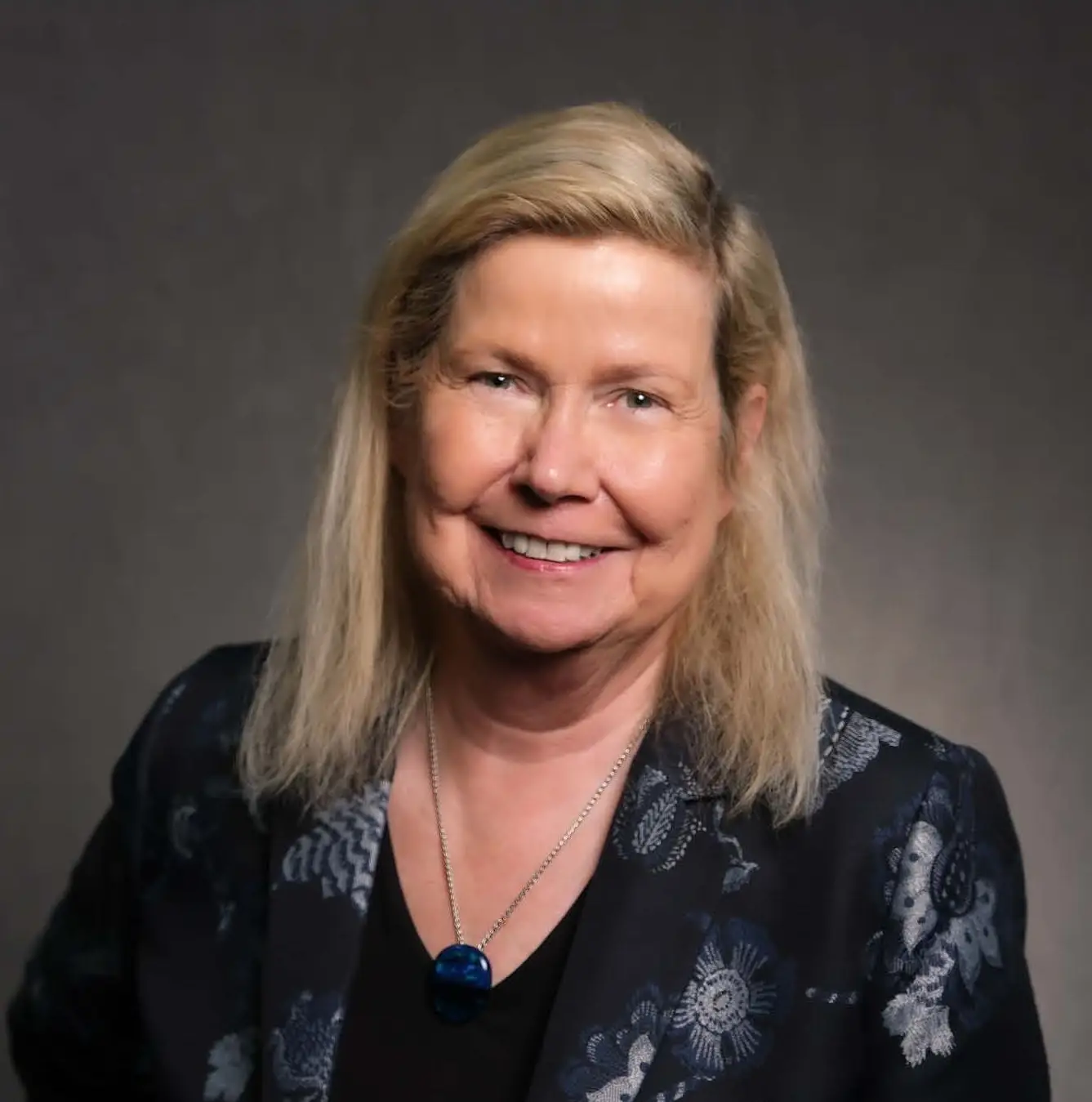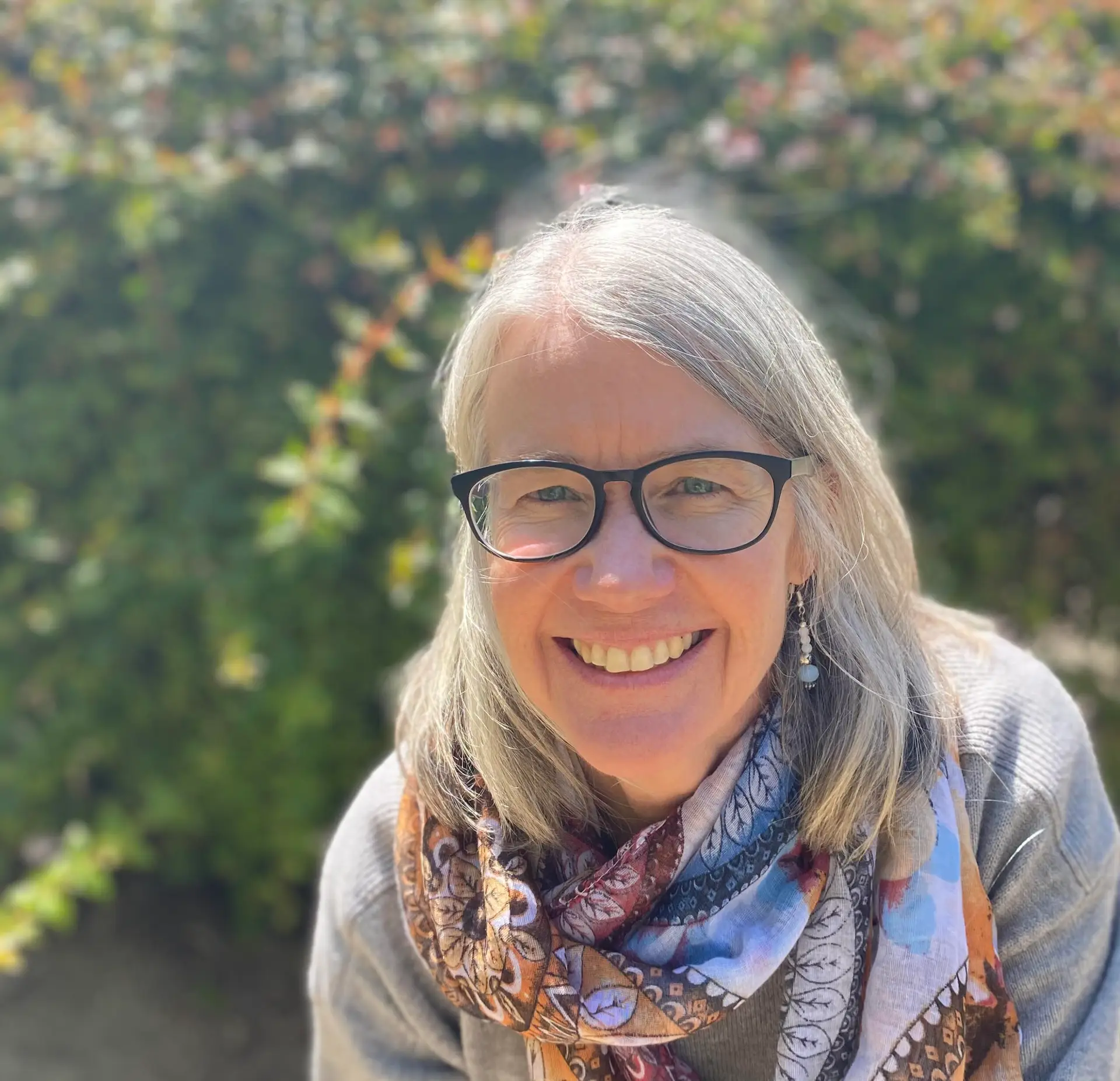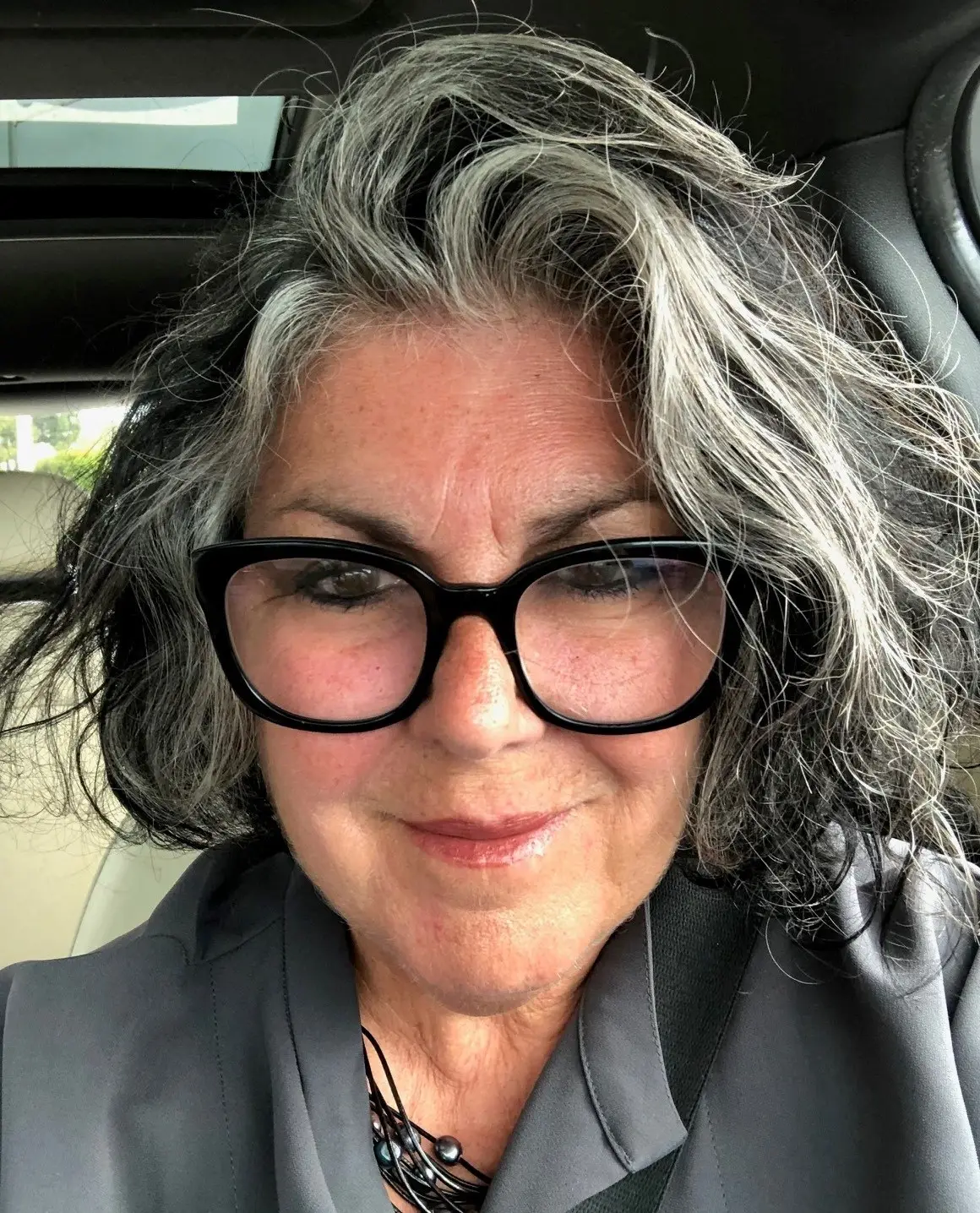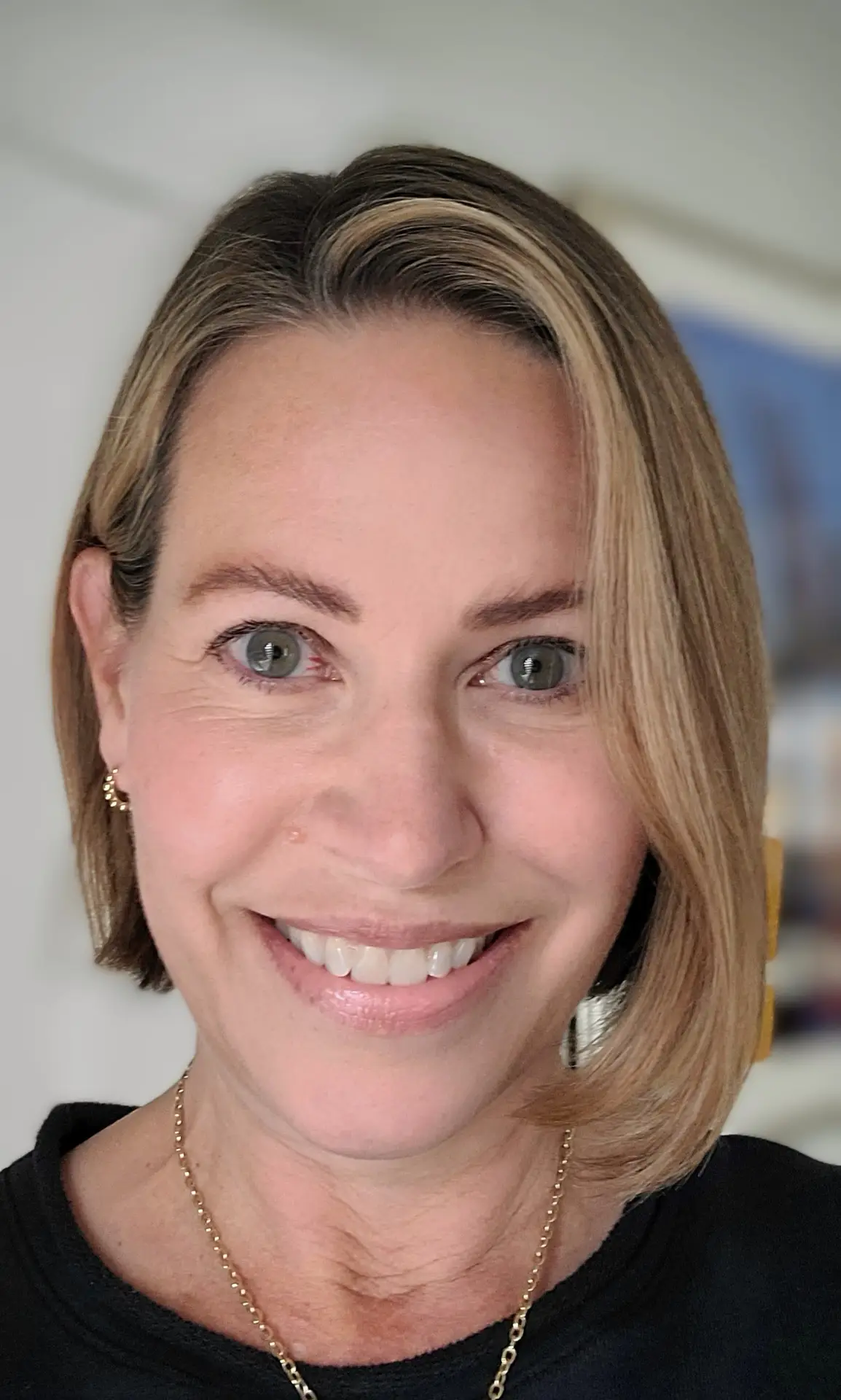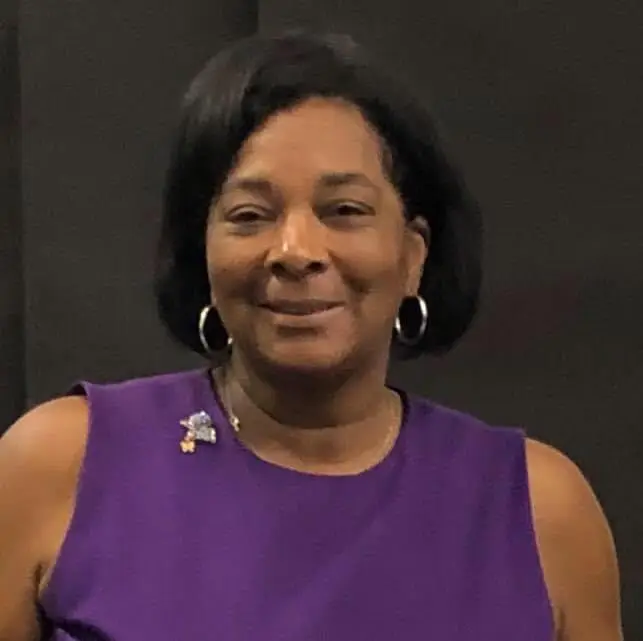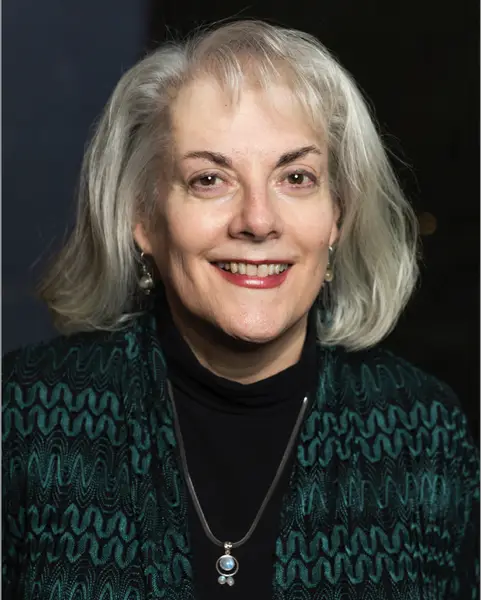SAN FRANCISCO and CINCINNATI, March 5, 2021 /PRNewswire/ — Quantum Leap Healthcare Collaborative (QLHC), the sponsor of the I-SPY COVID Trial, will not proceed with further testing of the Aerpio Pharmaceuticals drug, razuprotafib. Razuprotafib was chosen for testing in the I-SPY COVID Trial because it is hypothesized to stabilize and repair the blood vessels in the lung and improve gas exchange.
The I-SPY COVID Trial is a Phase II adaptive platform trial that is testing agents that show promise for reducing the risk of death from and severity of illness for people who become critically ill after contracting COVID-19. The purpose of the trial is to rapidly screen multiple agents to find those with the best chance of effectively improving outcomes for those critically ill. The I-SPY COVID Trial now includes 18 sites as well as leaders in pulmonary and critical care centers from around the country who are working to identify and test new agents to improve patient outcomes.
The sponsor halted testing of Aerpio’s razuprotafib in the I-SPY COVID Trial because it was challenging to administer in the setting of COVID-19, with 30% of patients discontinuing the agent due to disease-related hypotension, including protocol-mandated stopping rules. There was no indication that razuprotafib caused the hypotension that led to clinical decline in systolic blood pressure. However, at the conclusion of two safety lead-in cohorts, it was determined there was a small but not clinically significant decline in systolic blood pressure and mean arterial blood pressure by approximately 4–5 mm Hg; there was no significant difference between the 10 mg and 20 mg dose in blood pressure decline. In addition, there was little if any blood pressure reduction in patients with pre-dose blood pressure readings of less than 100 mm Hg, even when on vasopressors, and there was no evidence that razuprotafib reduced the efficacy of vasopressors.
Because blood pressure monitoring with additional scrutiny is challenging in the setting of a surge in ICU admissions from COVID-19, the Data Monitoring Committee recommended that razuprotafib not be advanced after the second safety lead-in. This agent could be revisited in the setting of acute respiratory distress syndrome (ARDS) absent pandemic COVID-19.
Dr. Nuala Meyer, an I-SPY COVID Trial co-investigator and chaperone (PI) of the razuprotafib arm, and an associate professor of medicine at University of Pennsylvania, commented, “We remain enthusiastic about the potential for razuprotafib in ARDS given its very strong mechanistic rationale. Unfortunately, the monitoring required to safely assess this agent was difficult to execute while sites were strained and short-staffed due to the pandemic; thus, we have not been able to fully evaluate its effectiveness.”
“We are hopeful that razuprotafib can be tested in the future in classical non-COVID-19 ARDS patients as it has a strong rationale for potential efficacy for reducing lung injury in this population,” continued Dr. Michael Matthay, a professor of medicine at UCSF and co-principal investigator for the razuprotafib arm of the I-SPY COVID Trial.
Dr. Carolyn Calfee, also a professor of medicine at UCSF and principal investigator for the I-SPY COVID Trial, added, “While we were disappointed to not to be able to continue with razuprotafib in this trial, we are continuing to press onward in our search for new treatments that may help us treat patients who become severely ill with COVID-19.”
“We were pleased with the overall tolerability of razuprotafib in these patients with critical COVID-19, including those in shock and on vasopressors. The modest reduction in blood pressure noted in this trial is attributed to the production of nitric oxide by endothelial cells downstream of Tie2 activation, which is considered an important component of the vascular stabilizing effects of razuprotafib,” said Dr. Kevin Peters, Chief Scientific Officer and Chief Medical Officer, Aerpio Pharmaceuticals. “Ironically, what could have been considered a sign of potentially beneficial effects of razuprotafib actually contributed to the difficulty encountered in monitoring drug administration in the pandemic setting of COVID-19. We are grateful to our I-SPY colleagues for this early indication of the tolerability of razuprotafib in this critically ill population and certainly agree with them regarding the potential of razuprotafib and Tie2 mediated vascular stabilization in patients with non-COVID-19 related ARDS,” he added.
About Quantum Leap Healthcare Collaborative
Quantum Leap Healthcare Collaborative is a 501C(3) charitable organization established in 2005 as a collaboration between medical researchers at University of California, San Francisco and Silicon Valley entrepreneurs. Our mission is to integrate high-impact research with clinical processes and systems technology, resulting in improved data management and information systems, greater access to clinical trial matching and sponsorship, and greater benefit to providers, patients and researchers. Our goal is to improve and save lives. Quantum Leap provides operational, financial, and regulatory oversight to the I-SPY Trials. For more information, visit www.QuantumLeapHealth.org.
About the I-SPY Trials
The I-SPY Trials were designed to rapidly screen promising experimental treatments and identify those most effective in specific patient subgroups based on molecular characteristics (biomarker signatures). The trial is a unique collaborative effort by a consortium that includes the Food and Drug Administration (FDA), industry, patient advocates, philanthropic sponsors, and clinicians from 20 major U.S. medical research centers. Under the terms of the collaboration agreement, Quantum Leap Healthcare Collaborative is the trial sponsor and manages all study operations. For more information, visit www.ispytrials.org.
About Aerpio Pharmaceuticals
Aerpio Pharmaceuticals, Inc. is a biopharmaceutical company focused on developing compounds that activate Tie2 to treat ocular diseases and diabetic complications, as well as other indications in which the Company believes that activation of Tie2 may have therapeutic potential. Recently published mouse and human genetic data implicate the Angpt/Tie2 pathway in maintenance of Schlemm’s canal, a critical component of the conventional outflow tract. The Company’s lead compound, razuprotafib (formerly AKB-9778), a first-in-class small molecule inhibitor of vascular endothelial protein tyrosine phosphatase (“VE-PTP”). The Company is also evaluating development options for ARP-1536, a humanized monoclonal antibody. The Company’s third asset is a bispecific antibody that binds both VEGF and VE-PTP which is designed to inhibit VEGF activation and activate Tie2.. Finally, the Company has exclusively out-licensed AKB-4924 (now called GB004), a first-in-class small molecule inhibitor of hypoxia-inducible factor-1 (HIF). GB004 is being developed by AKB-4924’s exclusive licensor, Gossamer Bio, Inc. (Nasdaq: GOSS). In January 2021, Aerpio announced that its Board of Directors has initiated a process to explore and review a range of strategic alternatives focused on maximizing stockholder value from the Company’s clinical assets and cash resources. For more information, please visit www.aerpio.com.
Forward Looking Statements
This press release contains forward-looking statements. Statements in this press release that are not purely historical are forward-looking statements. Such forward-looking statements include, among other things, the Company’s strategic alternatives review process and the potential transactions that may be identified and explored as a result of that process, the Company’s product candidates, including razuprotafib, ARP-1536 and the bispecific antibody asset, the clinical development plan therefor, and the therapeutic potential thereof, the Company’s plans and expectations with respect to razuprotafib and the development therefor and therapeutic potential thereof in addressing COVID-19 and ARDS related thereto and the intended benefits from the Company’s collaboration with Gossamer Bio for GB004, including the continued development of GB004 and the milestone and royalty payments related to the collaboration. Actual results could differ from those projected in any forward-looking statements due to several risk factors. Such factors include, among others, the ability to identify and consummate strategic alternatives that yield additional value for shareholders; the timing, benefits and outcome of the Company’s strategic alternatives review process, including the determination of whether or not to pursue or consummate any strategic alternative; the structure, terms and specific risks and uncertainties associated with any potential strategic transaction; potential disruptions in our business and the stock price as a result of our exploration, review and pursuit of strategic alternatives or the public announcement thereof and any decision or transaction resulting from such review; the continued development of GB004 and maintaining and deriving the intended benefits of the Company’s collaboration with Gossamer Bio; ability to continue to develop razuprotafib or other product candidates, including in indications related to COVID-19; our review and evaluation of strategic plans for our razuprotafib glaucoma program; the inherent uncertainties associated with the drug development process, including uncertainties in regulatory interactions, the design of planned or future clinical trials, commencing clinical trials and enrollment of patients in clinical trials; obtaining any necessary regulatory clearances in order to commence and conduct planned or future clinical trials; the impact of the ongoing COVID-19 pandemic on the Company’s business operations, including research and development efforts and the ability of the Company to commence, conduct and complete its planned clinical activities; and competition in the industry in which the Company operates and overall market conditions; and the additional factors set forth in our Annual Report on Form 10-K for the year ended December 31, 2019, as updated by our subsequent Quarterly Reports on Form 10-Q and our other subsequent filings with the SEC. These forward-looking statements are made as of the date of this press release, and the Company assumes no obligation to update the forward-looking statements, or to update the reasons why actual results could differ from those projected in the forward-looking statements, except as required by law. Investors should consult all the information set forth herein and should also refer to the risk factor disclosure set forth in the reports and other documents the Company files with the SEC available at www.sec.gov.
SOURCE Quantum Leap Healthcare Collaborative
For more information, email karyn.digiorgio@quantumleaphealth.org



